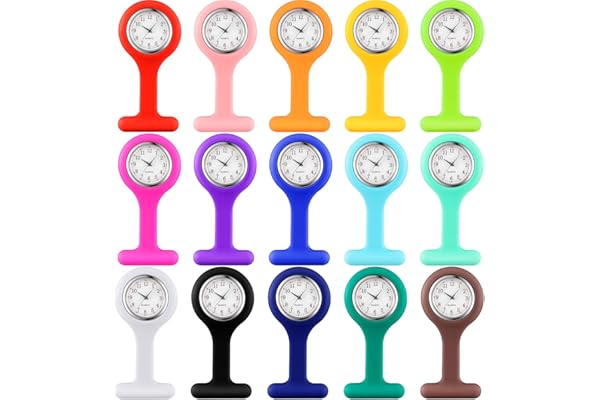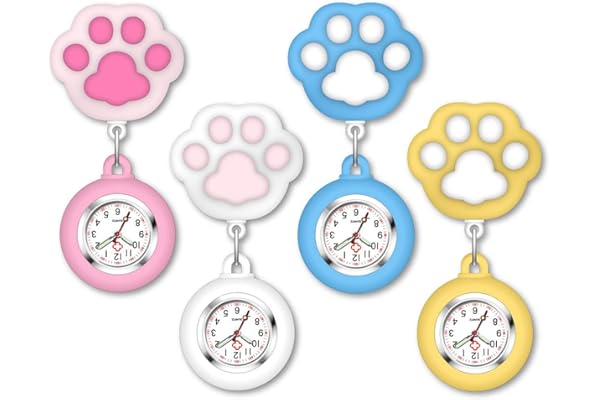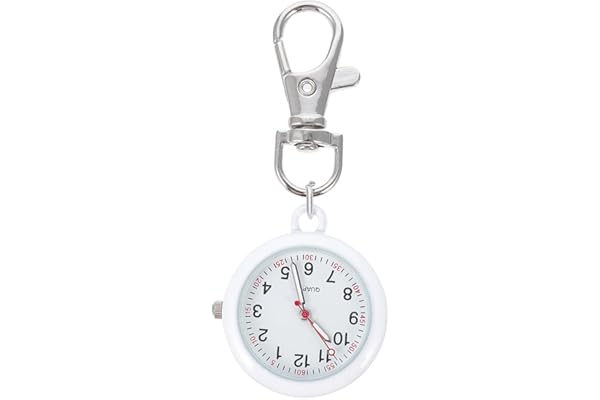How to Care for a Mechanical Watch to Ensure It Lasts for Years?
Contents
Understanding the Mechanics of Your Watch
Mechanical watches are marvels of engineering, comprising hundreds of tiny components working in harmony to keep time accurately. Unlike quartz watches, which use a battery, mechanical watches rely on a complex system of gears, springs, and other components. Understanding these intricacies is the first step in ensuring your watch’s longevity. The heart of a mechanical watch is its movement, which can be either manual or automatic. Manual movements require regular winding, while automatic movements are powered by the motion of the wearer’s wrist. Both types of movements require careful handling and regular maintenance to function correctly.
The movement of a mechanical watch is often compared to the engine of a car. Just as an engine requires regular oil changes and tune-ups, a watch movement needs periodic servicing to remain in optimal condition. This servicing typically involves cleaning, lubrication, and adjustment of the various components. Neglecting these aspects can lead to wear and tear, ultimately affecting the watch’s performance and accuracy.
Additionally, understanding the specific type of movement in your watch can guide you in its care. Some watches, for instance, have complications such as chronographs, moon phases, or perpetual calendars, which add layers of complexity. These features require specialized attention during servicing, as they involve additional parts that can wear out or malfunction over time. Being aware of these intricacies can help you communicate more effectively with your watchmaker and ensure that your timepiece receives the care it needs.
Regular Maintenance and Servicing
Regular maintenance is crucial for the longevity of a mechanical watch. Experts recommend having your watch serviced every three to five years, although this can vary depending on the brand and model. Servicing involves a complete overhaul of the watch, including disassembly, cleaning, lubrication, and reassembly. This process ensures that all components are functioning correctly and that any potential issues are addressed before they become significant problems.
During a service, a watchmaker will typically disassemble the movement, clean each part to remove any accumulated dirt or old lubricant, and then reassemble the watch with fresh lubricant. This process is meticulous and requires a skilled hand, as even a small mistake can affect the watch’s performance. Regular servicing not only keeps the watch running smoothly but also helps maintain its value over time, making it a worthwhile investment for any watch owner.
In addition to regular servicing, there are several things you can do to care for your watch on a day-to-day basis. Avoid exposing your watch to extreme temperatures, as this can affect the lubricants and cause the metal components to expand or contract. Similarly, keep your watch away from strong magnetic fields, as these can interfere with the movement’s accuracy. Finally, always ensure that the crown is fully secured, as an open crown can allow dust or moisture to enter the case, potentially damaging the movement.
Proper Winding and Handling Techniques
Winding your mechanical watch correctly is essential to its longevity. If your watch has a manual movement, it will require regular winding to keep it running. The key is to wind the watch at the same time each day, ideally in the morning. This consistency helps maintain the tension in the mainspring, ensuring that the watch keeps accurate time. When winding, be gentle and stop as soon as you feel resistance, as overwinding can damage the movement.
For automatic watches, regular wear is usually sufficient to keep the watch wound. However, if you don’t wear your watch daily, you might consider using a watch winder. This device mimics the motion of the wrist, keeping the watch wound and ready to wear. Be sure to choose a winder that is compatible with your watch’s movement, as some watches require specific winding patterns to prevent overwinding.
Handling your watch with care is also crucial. Always remove your watch when engaging in activities that could expose it to shocks or impacts, such as sports or heavy manual labor. When setting the time or date, avoid doing so between 9 PM and 3 AM, as this can interfere with the date-change mechanism and cause damage. By treating your watch with respect and care, you can ensure that it remains a reliable timekeeper for years to come.
Storing Your Watch Safely
Proper storage is another important aspect of caring for a mechanical watch. When not in use, store your watch in a cool, dry place away from direct sunlight. Excessive heat or humidity can damage the watch’s components and affect its performance. Many watch enthusiasts choose to store their watches in a watch box or safe, which offers additional protection against dust and accidental damage.
If you own multiple watches, consider investing in a watch case that allows you to store each watch individually. This prevents the watches from coming into contact with one another, which can cause scratches or other damage. Additionally, a watch case can help organize your collection and make it easier to select the perfect watch for any occasion.
When storing a watch for an extended period, it’s a good idea to wind it periodically to keep the lubricants from settling. This is especially important for manual watches, as the mainspring can become stuck if left unwound for too long. By taking these simple precautions, you can help ensure that your watch remains in excellent condition, even when it’s not being worn.
Recognizing Signs of Wear and When to Seek Professional Help
Even with the best care, mechanical watches can experience wear and tear over time. Recognizing the signs of wear early can help prevent more significant issues down the line. Some common signs to watch for include a loss of accuracy, difficulty winding, or unusual noises coming from the movement. If you notice any of these issues, it’s essential to seek professional help as soon as possible.
Choosing a reputable watchmaker is crucial when it comes to repairs and servicing. Look for someone with experience in handling your specific brand and model, as different watches require different approaches. A skilled watchmaker can diagnose the issue, perform the necessary repairs, and get your watch back to optimal condition.
In some cases, a watch may require more extensive repairs, such as replacing worn-out parts or restoring the case and bracelet. While these repairs can be costly, they are often necessary to preserve the watch’s functionality and value. By addressing issues promptly and working with a qualified professional, you can ensure that your mechanical watch remains a treasured possession for years to come.






